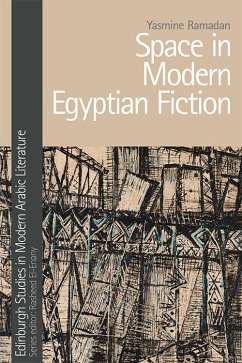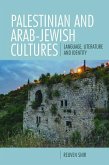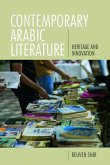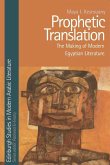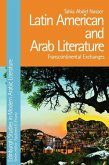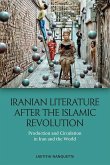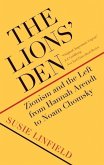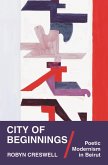A critical analysis of the intersection between nationalism, literature, and space in modern Egyptian fiction In 1960s Egypt a group of writers exploded onto the literary scene, transforming the aesthetic landscape. Space in Modern Egyptian Fiction explores how this literary generation presents a marked shift in the representation of rural, urban, and exilic space, reflecting a disappointment with the project of the postcolonial nation-state in Egypt. Combining a sociological approach to literature with detailed close readings, Yasmine Ramadan explores the spatial representations that embodied this shift within the Egyptian literary scene and the disappearance of an idealized nation in the Egyptian novel. This study provides a robust examination of the emergence and establishment of some of the most significant writers in modern Egyptian literature, and their influence across six decades, while also tracing the social, economic, political, and aesthetic changes that marked this period in Egypt's contemporary history. Key Features . Includes close readings of literary texts by eleven Egyptian writers from the 1960s generation: Sonallah Ibrahim, Gamal al-Ghitani, Ibrahim Aslan, Radwa Ashour, Edwar al-Kharrat, Ibrahim Abdel Meguid, Abd al-Hakim Qasim, Yusuf al-Qaid, Yahya Taher Abdullah, Bahaa Taher and Muhammad al-Bisati . Theorizes the connection between rural, urban, and exilic space in Egyptian literary production . Provides a broad understanding of the social, political, and economic changes that took place in Egypt and their influence upon the work of these writers . Expands beyond the boundaries of a single decade to show how this literary generation transformed the cultural landscape and remains relevant today Yasmine Ramadan is Assistant Professor of Arabic and Director of the Arabic Program at the University of Iowa.
Hinweis: Dieser Artikel kann nur an eine deutsche Lieferadresse ausgeliefert werden.
Hinweis: Dieser Artikel kann nur an eine deutsche Lieferadresse ausgeliefert werden.

